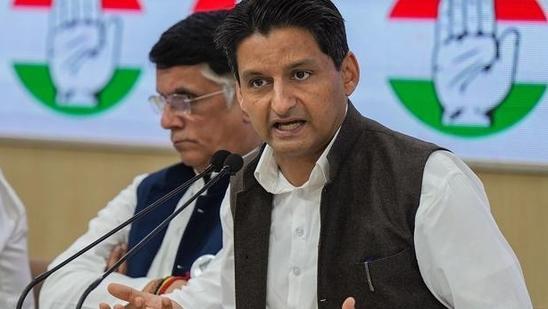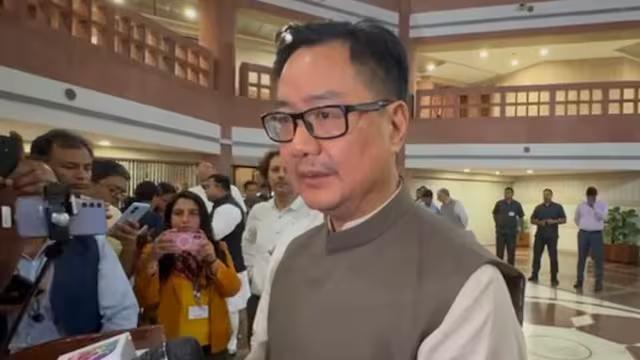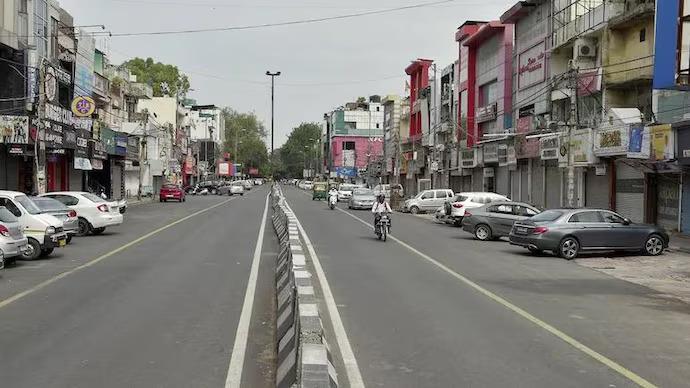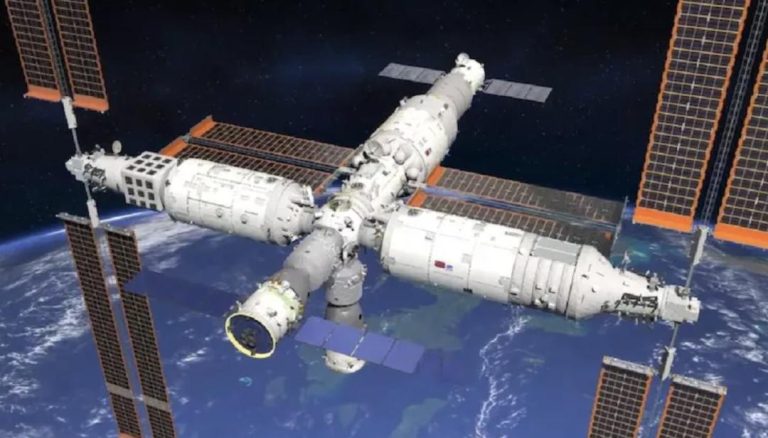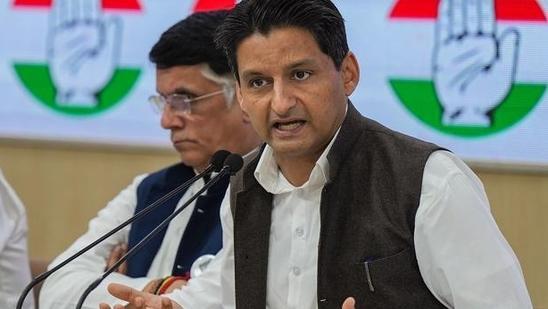
Title: Nation is bigger than ruling & Opp’n party: Hooda on J&K attack
The recent terror attack on a tourist bus in Pahalgam, Jammu and Kashmir, has sent shockwaves across the country. The attack, which claimed the lives of several innocent tourists, has left the nation in a state of grief and outrage. In the midst of the chaos and condemnation, Congress MP Deepender Singh Hooda has issued a statement, emphasizing the need for unity and cooperation in the face of terrorism.
According to reports, Hooda expressed his condolences to the families of the victims and condemned the attack in the strongest possible terms. However, what was striking about his statement was his assertion that the country is bigger than the ruling party and the opposition. This statement has sparked a lot of controversy, with many interpreting it as a veiled attack on the BJP government.
But what exactly did Hooda mean by his statement? Is he suggesting that the country is above politics, and that we should put aside our differences to tackle the menace of terrorism? Or is he trying to convey a message about the need for unity and cooperation in the face of a common threat?
To answer these questions, it is essential to understand the context in which Hooda made his statement. The Pahalgam attack is a stark reminder of the ongoing threat of terrorism in Jammu and Kashmir, and the need for a collective effort to combat it. The attack has also highlighted the vulnerabilities of the tourist industry in the region, and the need for increased security measures to protect innocent lives.
In this context, Hooda’s statement can be seen as a call to action, urging the country to put aside its petty differences and come together to tackle the menace of terrorism. By emphasizing that the country is bigger than the ruling party and the opposition, Hooda is trying to convey a message about the need for unity and cooperation.
But what does this unity look like in practice? Is it simply a matter of politicians putting aside their differences and working together? Or is it something more profound, requiring a fundamental shift in our approach to governance and politics?
To answer these questions, it is essential to look at the broader political landscape in India. The country is currently governed by the BJP, which has been in power since 2014. However, the opposition parties, including the Congress, have been critical of the government’s handling of issues such as terrorism and national security.
In this context, Hooda’s statement can be seen as a challenge to the opposition parties to put aside their differences and work together with the government to tackle the menace of terrorism. By emphasizing the need for unity and cooperation, Hooda is trying to convey a message about the importance of putting the country’s interests above petty politics.
But what about the ruling party? How does Hooda’s statement impact their approach to governance? Is the BJP government willing to put aside its differences with the opposition and work together to tackle the menace of terrorism?
In recent years, the BJP government has been criticized for its handling of issues such as terrorism and national security. Critics have argued that the government has been too focused on its political agenda, and has neglected the more pressing issues of national security.
However, in the aftermath of the Pahalgam attack, the government has issued a statement condemning the attack and vowing to take strong action against those responsible. The government has also announced a series of measures to increase security measures in the region, including the deployment of additional police and military personnel.
In this context, Hooda’s statement can be seen as a challenge to the government to put aside its differences with the opposition and work together to tackle the menace of terrorism. By emphasizing the need for unity and cooperation, Hooda is trying to convey a message about the importance of putting the country’s interests above petty politics.
In conclusion, Hooda’s statement about the country being bigger than the ruling and opposition party is a powerful reminder of the need for unity and cooperation in the face of terrorism. While the statement has sparked a lot of controversy, it is essential to understand the context in which it was made, and the message that Hooda is trying to convey.
As we move forward in the aftermath of the Pahalgam attack, it is essential that we put aside our differences and come together to tackle the menace of terrorism. This requires a fundamental shift in our approach to governance and politics, and a recognition of the need for unity and cooperation.
As Hooda has said, “India knows how to respond.” Let us hope that this statement is not just a hollow promise, but a commitment to take concrete action to tackle the menace of terrorism and ensure the safety and security of our citizens.
News Source:
https://x.com/ANI/status/1915375138318545348
